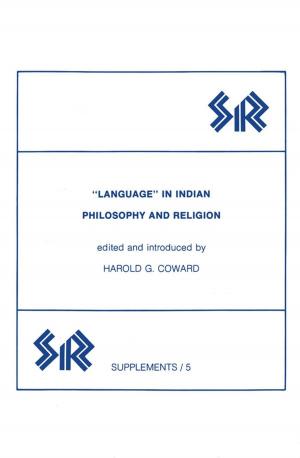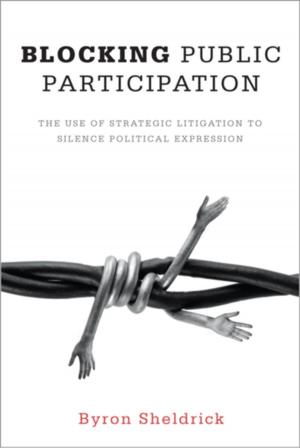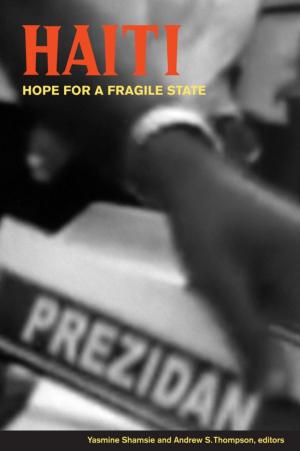When Technocultures Collide
Innovation from Below and the Struggle for Autonomy
Nonfiction, Social & Cultural Studies, Social Science, Sociology, Computers| Author: | Gary Genosko | ISBN: | 9781554588992 |
| Publisher: | Wilfrid Laurier University Press | Publication: | October 25, 2013 |
| Imprint: | Wilfrid Laurier University Press | Language: | English |
| Author: | Gary Genosko |
| ISBN: | 9781554588992 |
| Publisher: | Wilfrid Laurier University Press |
| Publication: | October 25, 2013 |
| Imprint: | Wilfrid Laurier University Press |
| Language: | English |
When Technocultures Collide provides rich and diverse studies of collision courses between technologically inspired subcultures and the corporate and governmental entities they seek to undermine. The adventures and exploits of computer hackers, phone phreaks, urban explorers, calculator and computer collectors, “CrackBerry” users, whistle-blowers, Yippies, zinsters, roulette cheats, chess geeks, and a range of losers and tinkerers feature prominently in this volume. Gary Genosko analyzes these practices for their remarkable diversity and their innovation and leaps of imagination. He assesses the results of a number of operations, including the Canadian stories of Mafiaboy, Jeff Chapman of Infiltration, and BlackBerry users.
The author provides critical accounts of highly specialized attributes, such as the prospects of deterritorialized computer mice and big toe computing, the role of electrical grid hacks in urban technopolitics, and whether info-addiction and depression contribute to tactical resistance. Beyond resistance, however, the goal of this work is to find examples of technocultural autonomy in the minor and marginal cultural productions of small cultures, ethico-poetic diversions, and sustainable withdrawals with genuine therapeutic potential to surpass accumulation, debt, and competition. The dangers and joys of these struggles for autonomy are underlined in studies of RIM’s BlackBerry and Julian Assange’s WikiLeaks website.
When Technocultures Collide provides rich and diverse studies of collision courses between technologically inspired subcultures and the corporate and governmental entities they seek to undermine. The adventures and exploits of computer hackers, phone phreaks, urban explorers, calculator and computer collectors, “CrackBerry” users, whistle-blowers, Yippies, zinsters, roulette cheats, chess geeks, and a range of losers and tinkerers feature prominently in this volume. Gary Genosko analyzes these practices for their remarkable diversity and their innovation and leaps of imagination. He assesses the results of a number of operations, including the Canadian stories of Mafiaboy, Jeff Chapman of Infiltration, and BlackBerry users.
The author provides critical accounts of highly specialized attributes, such as the prospects of deterritorialized computer mice and big toe computing, the role of electrical grid hacks in urban technopolitics, and whether info-addiction and depression contribute to tactical resistance. Beyond resistance, however, the goal of this work is to find examples of technocultural autonomy in the minor and marginal cultural productions of small cultures, ethico-poetic diversions, and sustainable withdrawals with genuine therapeutic potential to surpass accumulation, debt, and competition. The dangers and joys of these struggles for autonomy are underlined in studies of RIM’s BlackBerry and Julian Assange’s WikiLeaks website.















